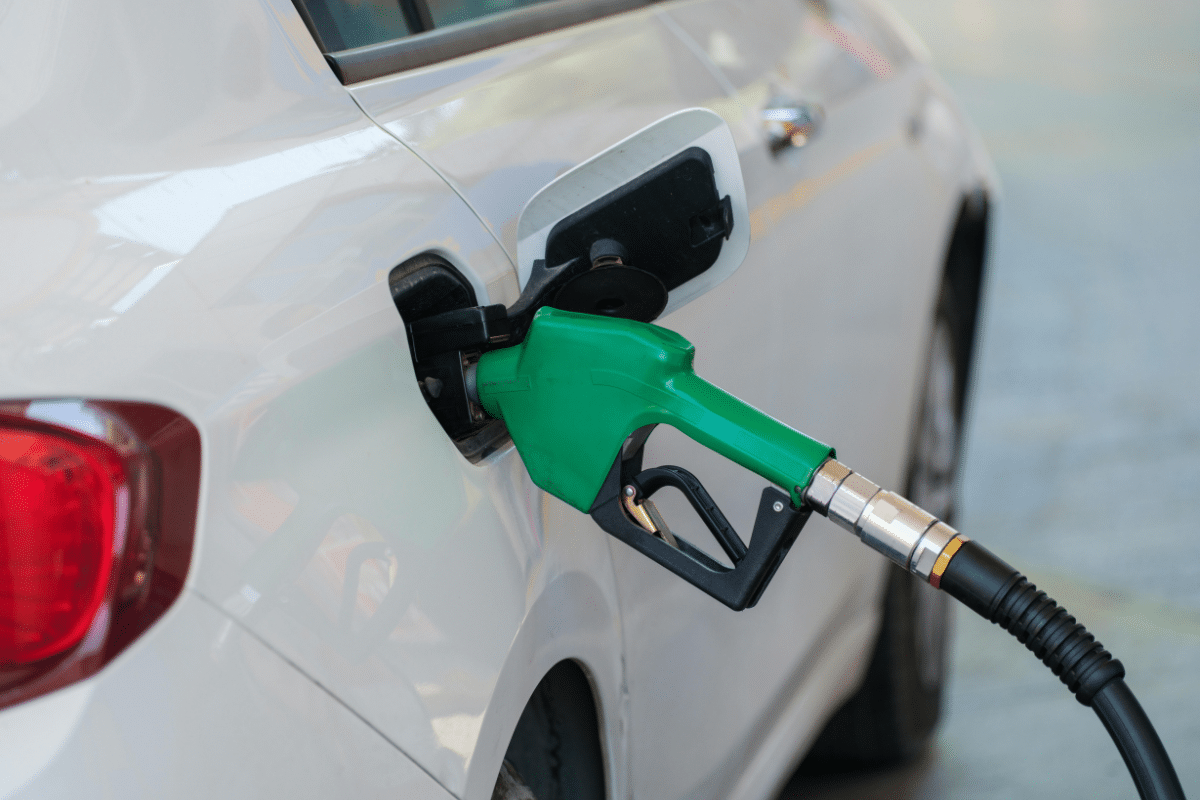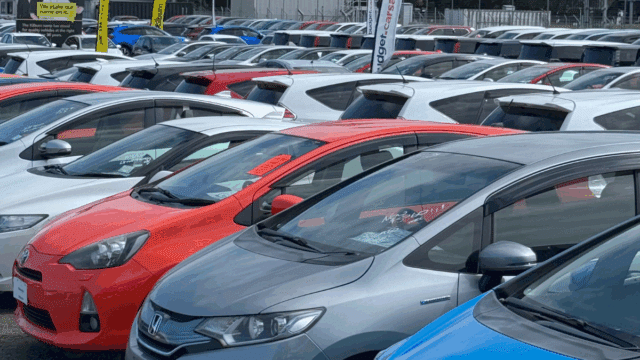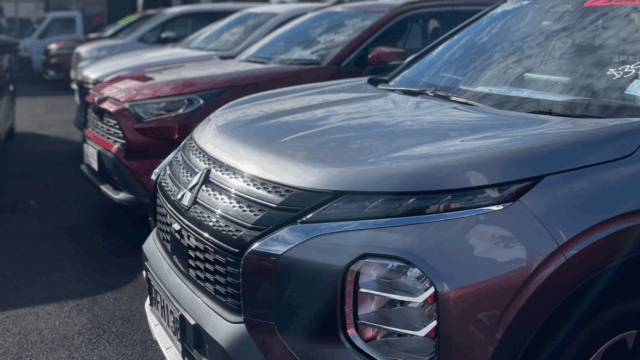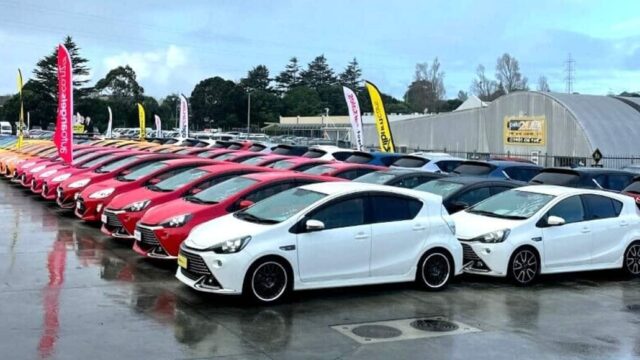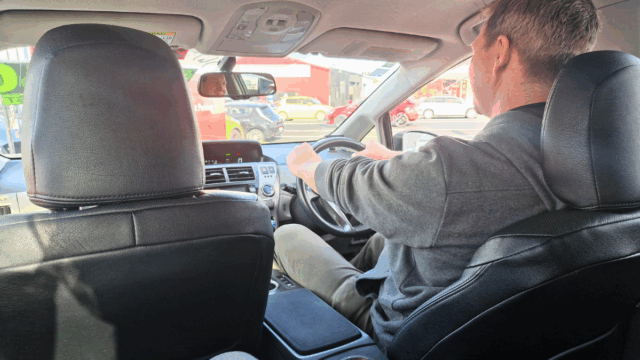Petrol prices in New Zealand aren’t exactly known for being kind and whether you’re commuting, heading out of town, or just tackling your usual errands, every litre counts.
The good news? With a few simple tweaks to how you drive (and how you look after your car), you can stretch your fuel further and save money.
1. Accelerate Smoothly
It can be tempting to put your foot down when the lights turn green, but rapid acceleration is one of the quickest ways to burn through fuel. Your engine has to work harder, using more petrol than necessary. Gentle, gradual acceleration not only saves petrol but also reduces wear and tear on your engine. Over time, that’s savings on fuel and maintenance.
2. Keep a Steady Speed
Cars are most efficient when cruising at a consistent pace. Constantly speeding up and slowing down forces your engine to use more fuel.
When you’re driving on the open road, make the most of cruise control to keep your speed steady. Leave a safe gap between you and the car ahead so you’re not constantly braking and accelerating with the flow of traffic.
3. Stick to the Speed Limit
Fuel efficiency isn’t just about avoiding tickets, it’s also about science. For most cars, the sweet spot for efficiency is between 80–100 km/h. Drive faster than that, and wind resistance increases dramatically.
For example, cruising at 110 km/h instead of 100 km/h can use around 10% more fuel. That might not sound like much for one trip, but if you’re doing regular highway drives, those litres (and dollars) quickly add up.
4. Avoid Unnecessary Idling
Leaving your engine running while you’re parked or waiting feels harmless, but it’s essentially throwing money out the window. Idling can use up to a litre of fuel every hour and for zero benefit.
5. Check Your Tyre Pressure
Underinflated tyres create more rolling resistance, which means your car has to work harder (and burn more petrol) to move forward. It’s one of the easiest things you can do to boost fuel efficiency.
Keeping your tires properly inflated not only saves fuel but also makes your car safer to drive and extends the life of your tires. We recommend checking at least once a month, and always before long road trips.
6. Lighten the Load
Your car isn’t a storage unit! The heavier it is, the more energy it takes to move. That full boot, roof box, or even leaving sports gear in the back adds up over time. Roof racks in particular can affect aerodynamics, causing drag that makes your car less fuel-efficient. If you’re not using it, take it off. Your petrol bill will thank you.
7. Use Air Con Wisely
Air conditioning is a lifesaver in summer, but it does come at a cost. Running the A/C can increase fuel consumption by as much as 10%, especially during short trips in stop-start traffic.
8. Keep Up with Maintenance
A well-maintained car runs more efficiently – simple as that. Dirty filters, low fluids, and neglected servicing all force your engine to work harder, which increases fuel consumption.
Easy things you can do at home:
- Check your oil regularly.
- Clean or replace clogged air filters.
- Pay attention to warning lights instead of ignoring them.
We also recommend scheduling a service when your WOF is due. Mechanics can spot small issues before they turn into costly problems, and a car that’s running well is naturally more fuel-efficient.
The Bottom Line
Most of us rely on our cars daily and while we can’t control the price at the pump, we can control how efficiently we use every litre.
By making a few small tweaks to your driving style and car care habits, you’ll not only save money but also reduce your carbon footprint.
Give these tips a go and see how much further your next tank gets you. And if you found them helpful, share them with a mate, after all, we could all do with fewer trips to the petrol station!
